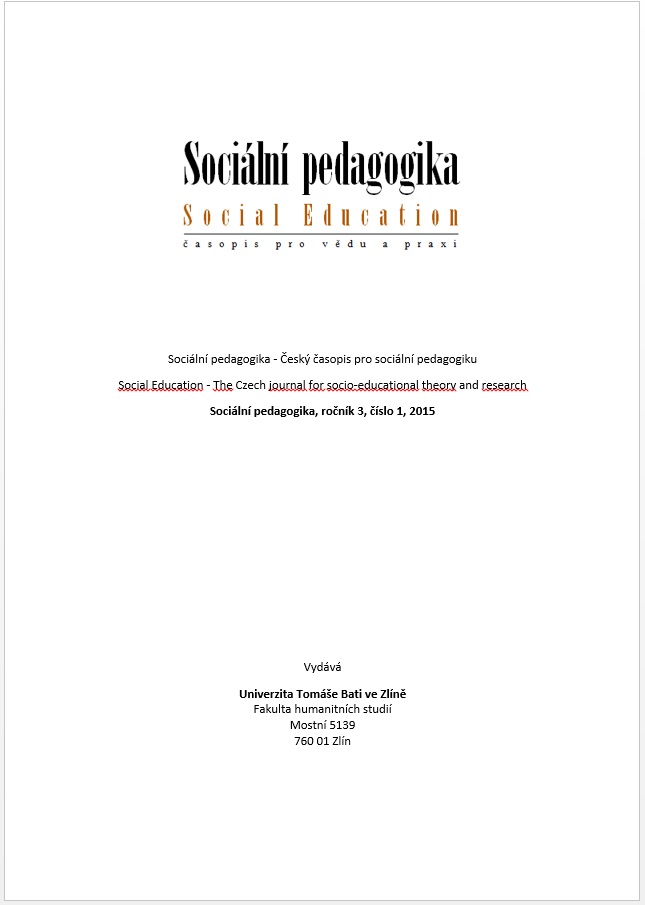Nerovnost, chudoba, nejistota
Inequality, Poverty, Insecurity
Author(s): Ilona ŠvihlíkováSubject(s): Social Sciences
Published by: Univerzita Tomáše Bati ve Zlíně
Keywords: inequality; wage share; globalization; financialization; social mobility
Summary/Abstract: The article discusses the economic connections of globalization, the roots of this phenomenon and its implications for presence. In the 70´, the economic bases of developed countries started changing. Since then the economic power of transnational corporations has risen. The TNCs change the international division of labor and divide the production cycle in an unprecedented manner. The economic sovereignty of countries weakens.All these factors influence the position of labor and consequently phenomena like unemployment, poverty and uncertainty. Since the 70´s the wage share, one of the most important macroeconomic indicators, has started sinking in developed contries. This means that a higher proportion of output goes to capital, i.e. to profits. Unemployment in developed countries has also changed its form since the 70´s – it has become structural and long-term one. Forms of precarious labor increase significantly and in the developed countries (especially obviously in the US) the phenomenon of working poverty appears. Hand in hand with these phenomena goes the increase in inequality, of all developed countries again mostly in the US. The implications are not only social, such as the preservation of elite,i.e. the tendency towards oligarchization and decrease in social mobility. These implications are also connected with the debt phenomenon, which serves as a factor of discipline and system preservation, or respectively the postponement of weakened purchasing power of the lower and middle income classes. The rise in insecurity and the impossibility to identify oneself with the job has its political implications as well. In the context of reflecting the problem itself it takes form of various social protests (such as Occupy Wall Street), but also can be shown in the rise of various xenophobe and extreme right movements that destabilize the whole political system, including doubting the regime of democracy as such.
Journal: Sociální pedagogika | Social Education
- Issue Year: 3/2015
- Issue No: 1
- Page Range: 24-34
- Page Count: 11
- Language: Czech

